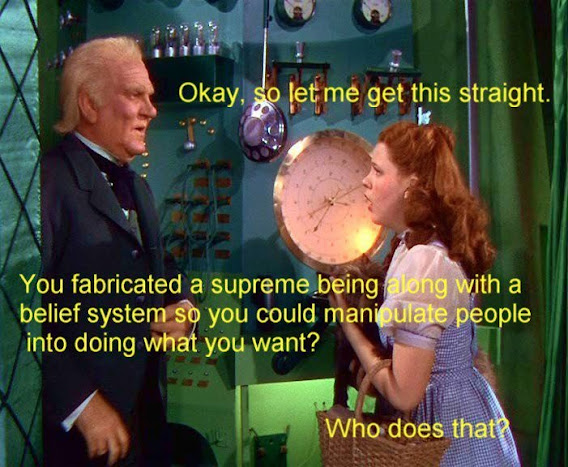No Two People Have Ever Even Mentioned The Exact Same "God".

Picture, first, a universe where there are no "gods" (whatever the that may mean, to whoever is employing the term). In regards to this hypothetical universe, I suspect most people would agree: the title statement holds. --- Moving forward. Next, .. Picture a universe where there are some god(s); - by any definition, these points all still hold. However, I primarily mean: perceived or hypothesized Super-"entity/ies". --- In this other hypothetical universe, ... They are hidden from sight. So then, either: a.) no one in this universe can know anything about them; - exactly the same as a universe where there are no gods. or b.) some few people make: some sort of objectively true cognitive-contact with those entity(ies). However, inevitably, their human minds still "fill in the blanks" of their blind-spots; - with filler their "mind's eye" automatically provides. Thus, they still can't fully tell where the externally-supplied data ends v...


